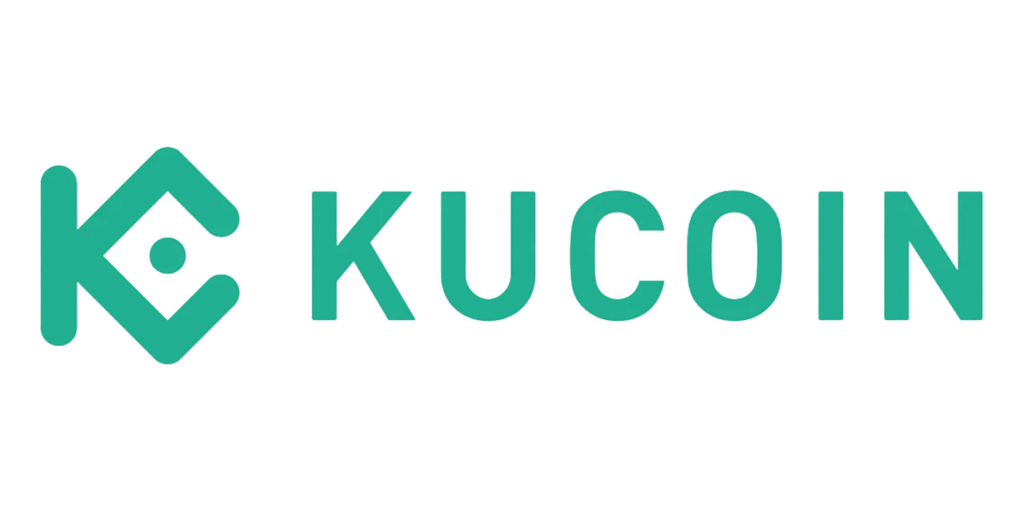Summary
Tunisia maintains a complex relationship with cryptocurrencies. While crypto trading is not explicitly illegal, the Central Bank of Tunisia has issued warnings against cryptocurrency usage. The Tunisian dinar (TND) is supported by select crypto exchanges, with bank transfers and credit cards being the primary payment methods. The Central Bank of Tunisia (BCT) serves as the key regulatory body overseeing financial activities. Here are the best crypto exchanges in Tunisia:
Best Crypto Exchanges in Tunisia
When selecting crypto exchanges in Tunisia, investors need to consider various factors including payment methods, supported cryptocurrencies, and regulatory compliance. The Tunisian dinar (TND) is accepted by several major exchanges, with bank transfers and credit cards being the primary deposit methods for local users.
1. KuCoin
2. Bybit
3. Binance
4. Kraken
5. OKX
Is Crypto Legal and Regulated in Tunisia?
Cryptocurrency regulation in Tunisia exists in a legal gray area. The Central Bank of Tunisia (BCT) issued a statement in 2017 warning against the risks of cryptocurrency transactions. The bank emphasized that virtual currencies are not legal tender in Tunisia and are not issued or regulated by any official authority.
The Financial Market Council (CMF) has also expressed concerns about cryptocurrency investments, particularly regarding potential risks of fraud and market manipulation. While there is no explicit ban on cryptocurrency trading, financial institutions are prohibited from handling cryptocurrency transactions.
Tunisia’s current regulatory framework focuses on traditional financial services, with the Ministry of Finance maintaining oversight of monetary policy and financial regulations. The country’s stance on cryptocurrencies remains cautious, with authorities monitoring developments in the digital asset space.
Is Crypto Taxable in Tunisia?
The taxation of cryptocurrencies in Tunisia remains unclear due to the absence of specific cryptocurrency tax legislation. According to the Tunisian Tax Authority, general income tax principles may apply to cryptocurrency gains.
Under current tax laws, income from trading activities may be subject to the standard income tax rates, ranging from 0% to 35%. Capital gains from cryptocurrency trading could potentially fall under the category of movable property gains, which are typically taxed at 25%.
The Tunisian Customs Authority requires declaration of significant cryptocurrency holdings when entering or leaving the country, although specific thresholds are not clearly defined.
Disclaimer:
Tax laws are subject to change, and individual circumstances may vary. It is strongly advised to consult with a qualified tax professional or financial advisor for personalized guidance on cryptocurrency taxation in Tunisia.
How to Buy Crypto in Tunisia
Purchasing cryptocurrency in Tunisia requires careful consideration of available platforms and payment methods. KuCoin offers a reliable platform for Tunisian investors, supporting multiple payment options and providing access to various cryptocurrencies.
- Choose a cryptocurrency exchange that accommodates Tunisian users and offers appropriate payment options. Ensure to check KYC requirements and available trading pairs.
- Complete the registration process and verify your identity according to the platform’s guidelines.
- Fund your account using Tunisian dinars via bank transfer, credit card, or P2P trading platforms.
- Select your desired cryptocurrency (Bitcoin, Ethereum, USDT) and check the current market prices.
- Execute your trade by specifying the amount and confirming the transaction.
- Move the acquired cryptocurrencies to a secure wallet for long-term storage.
Popular payment methods in Tunisia include bank transfers through local banks, international credit cards, and P2P trading platforms that enable direct transactions between users.
Best Crypto Wallets in Tunisia
Selecting a reliable cryptocurrency wallet is crucial for investors in Tunisia. Hardware wallets offer the utmost security for long-term asset storage:
- Ledger – The benchmark in hardware security, compatible with over 5000 cryptocurrencies
- Trezor – A user-friendly open-source hardware wallet
For those using mobile and desktop devices, software wallets provide ease of use and accessibility:
- Trust Wallet – A mobile wallet that includes a DApp browser and staking features
- Exodus – A desktop wallet featuring integrated exchange capabilities
- MetaMask – A browser extension wallet tailored for Ethereum and ERC-20 tokens
Bottom Line
For Tunisian investors seeking the best crypto exchanges in Tunisia, KuCoin stands out as the top choice, offering extensive cryptocurrency options and competitive fees. Bybit follows as a strong alternative, providing reliable trading services and multiple payment methods for Tunisian users. These platforms combine security, functionality, and accessibility, making them the leading options for cryptocurrency trading in Tunisia.







